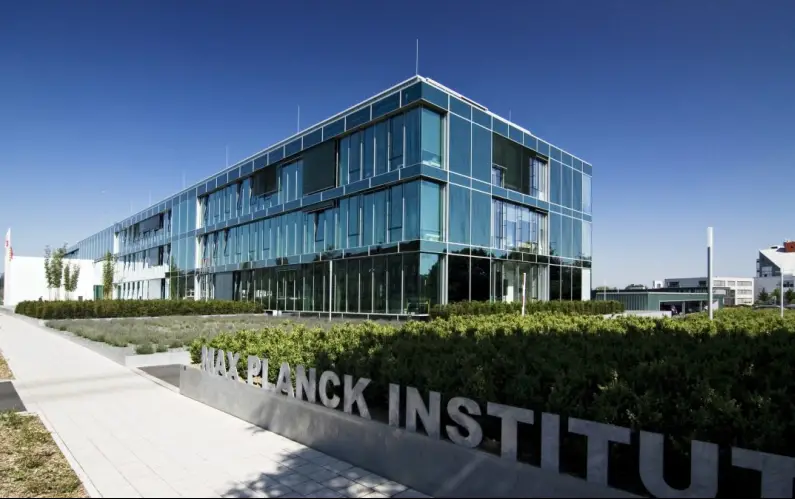The Max Planck Institute for Mathematics in the Sciences (MPI MiS) is a research center for pure and applied mathematical research located in Leipzig, Germany. The institute is committed to innovative fundamental research, and to transferring concepts and structures from mathematics into other academic fields. The broader scientific environment in Leipzig includes two other Max Planck Institutes (Cognitive Science and Evolutionary Anthropology) as well as the University of Leipzig.
The projects are offered by the Numerical Nonlinear Algebra group (led by Simon Telen), the Tropical Geometry and Computer Algebra group (led by Marta Panizzut), and the Algebraic Statistics group (led by Eliana Duarte). We seek outstanding students who enjoy working in a collaborative environment. Applicants should have a degree in mathematics or related fields with an interest in algebra, geometry and computation.
The starting date is flexible. We encourage interested students to contact the group leaders directly for more detailed information.
We strive for gender and ethnic diversity and are committed to increasing the number of individuals with disabilities in our workforce. We welcome applications from all backgrounds.
Successful applicants will be offered great research opportunities in an excellent working environment. Close interaction with other research groups at the institute, in particular with the nonlinear algebra group of prof. Bernd Sturmfels, will be possible and encouraged.
How to apply
The closing date for applications for these positions is 15th August 2022. Submissions of applications proceed through an electronic form. This form will be hosted by Opencampus.net, a German company, so while clicking to the links you will be directed to their server:
Please submit the following documents:
- CV
- transcript of examination results
- a copy of the master thesis (if applicable)
- names and contact data of two or more academic teachers willing to write a letter of recommendation.
Applicants are asked to check that the recommendation letters have been uploaded by their referees also through the electronic form provided above before the corresponding closing date. For students who did not write a master thesis there are qualifying grants available as an entrance level to the research school. The decision of the selection committee will be communicated approximately six weeks after the closing dates.
If you have any questions please contact one of Eliana Duarte, Marta Panizzut, Simon Telen.


